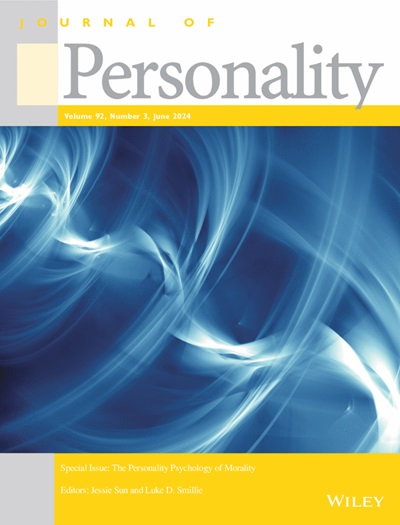Surfing the OCEAN: The machine learning psycholexical approach 2.0 to detect personality traits in texts
Abstract
Objective
We aimed to develop a machine learning model to infer OCEAN traits from text.
Background
The psycholexical approach allows retrieving information about personality traits from human language. However, it has rarely been applied because of methodological and practical issues that current computational advancements could overcome.
Method
Classical taxonomies and a large Yelp corpus were leveraged to learn an embedding for each personality trait. These embeddings were used to train a feedforward neural network for predicting trait values. Their generalization performances have been evaluated through two external validation studies involving experts (N = 11) and laypeople (N = 100) in a discrimination task about the best markers of each trait and polarity.
Results
Intrinsic validation of the model yielded excellent results, with R2 values greater than 0.78. The validation studies showed a high proportion of matches between participants' choices and model predictions, confirming its efficacy in identifying new terms related to the OCEAN traits. The best performance was observed for agreeableness and extraversion, especially for their positive polarities. The model was less efficient in identifying the negative polarity of openness and conscientiousness.
Conclusions
This innovative methodology can be considered a “psycholexical approach 2.0,” contributing to research in personality and its practical applications in many fields.

 求助内容:
求助内容: 应助结果提醒方式:
应助结果提醒方式:


